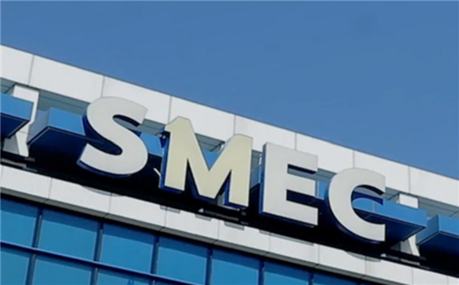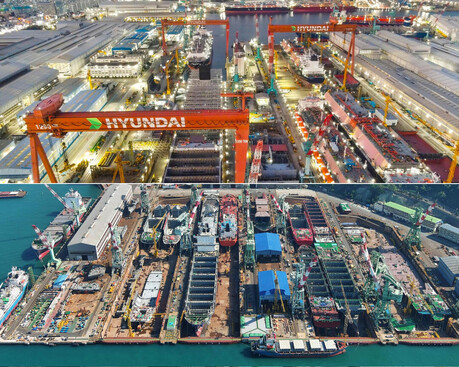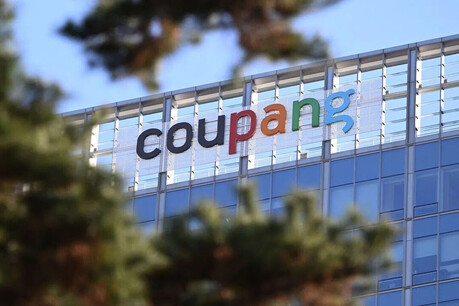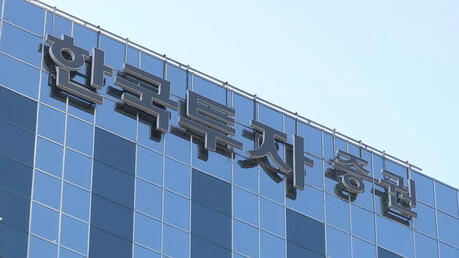
Last August, the news of footballer Son Heung-min's transfer to the American professional soccer team LAFC thrilled many. His rapid work visa approval after the transfer announcement—allowing him to step onto the field in just three days—was a clear example of the U.S.'s respect for a global star athlete. The swift processing of the "P-1A" visa for professional athletes, granted to one of the world's best, seemed to reflect a positive aspect of the ROK-U.S. alliance.
However, a recent incident at the construction site of the Hyundai Motor-LG Energy Solution joint battery plant in Savannah, Georgia, revealed a bitter reality on the flip side of this alliance. The U.S. government's emergency arrest of over 300 Korean workers on charges of illegal stay, and their transport in chains as if they were criminals, was a treatment that seemed incompatible with that of a citizen from an allied nation. While legal consequences for illegal acts must be upheld, the problem was in the manner of the response. These were not just immigrants who entered illegally for personal gain. They were top-level technical experts dispatched for the U.S.'s national goal of reviving its manufacturing sector.
The U.S. lacks skilled technicians capable of constructing and operating state-of-the-art battery plants. The Korean workers arrested in this incident are top-tier experts in the battery industry—in the "Premier League," so to speak—and without their expertise, the plant's construction would have been impossible. In other words, they are the "kindling for the revival of manufacturing" that the U.S. desperately needs. Yet, instead of showing them the same respect as Son Heung-min with a speedy visa process, the U.S. government treated them like criminals and subjected them to humiliation.
There is a vast gap between the swift visa approval granted to Son Heung-min and the coercive response shown to the Korean technicians. This is not merely an emotional issue but one directly related to America's own industries and future prosperity. The reconstruction of the manufacturing sector is impossible without the support of Korean companies and professional personnel, a reality the U.S. must face. Korea is the only country that has grown from a recipient of U.S. aid to a provider, and it has served as a successful model for the U.S. alliance relationship.
A true alliance is not sustained by one-sided sacrifice. It is built on mutual respect and trust. Just as the U.S. demands that Korean companies comply with local regulations, it should also support Korea's advanced technical personnel in leading the renaissance of American manufacturing within the framework of the law. This is the path to creating a new model of success. This incident should serve as an opportunity for the U.S. to reflect once more on how it should treat the citizens of its allied nation. Only by bridging the gap between the respect shown in the speed of Son Heung-min's visa and the sight of the workers in chains will a genuine allied posture be complete.
[Copyright (c) Global Economic Times. All Rights Reserved.]





























